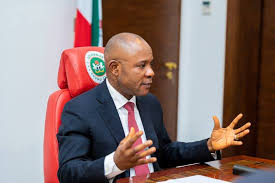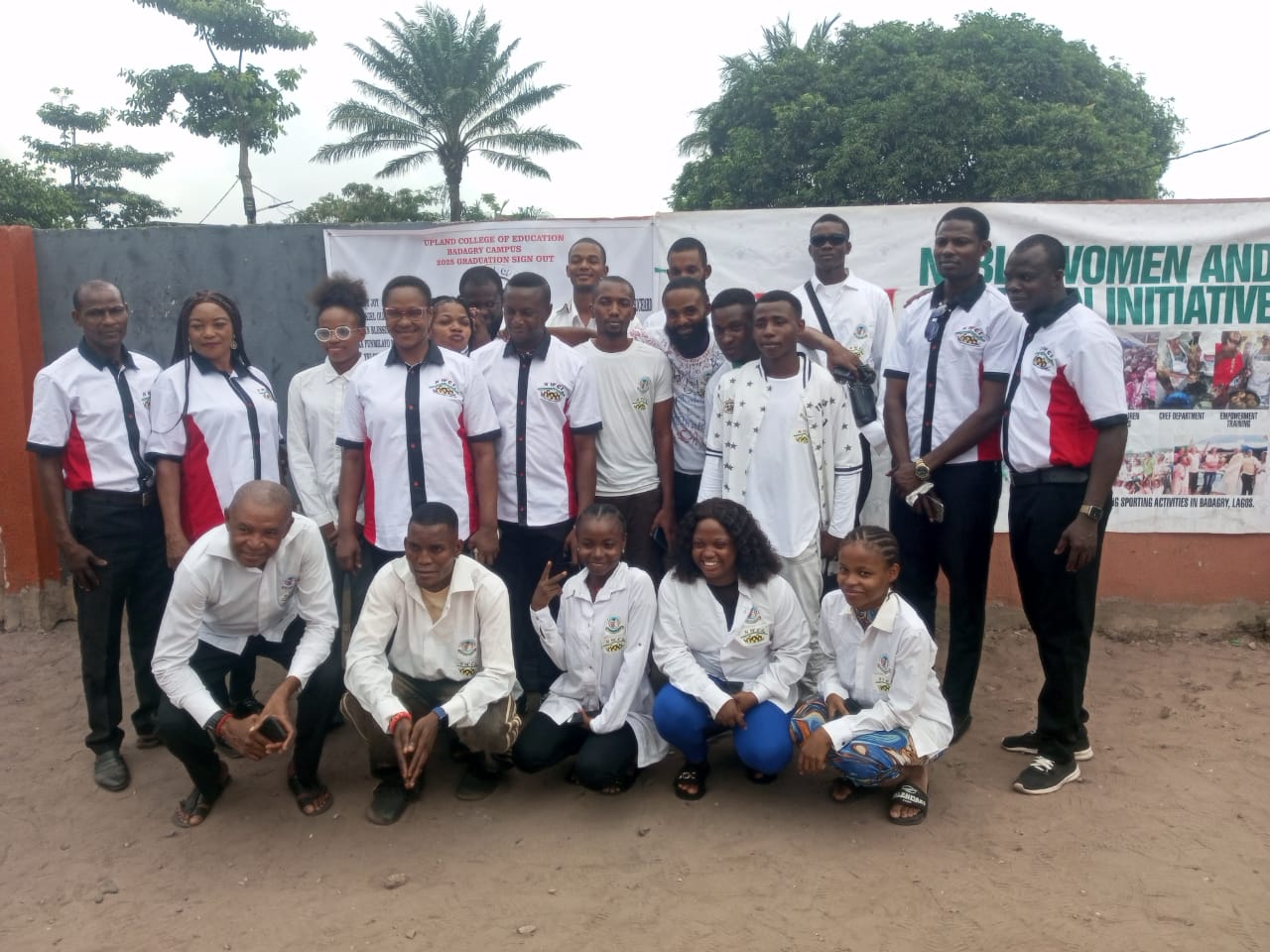Defections are shaking Nigeria’s political scene like a viral TikTok trend, leaving opposition parties scrambling for relevance. Politicians are jumping ship faster than an influencer chasing the next big endorsement. Critics are calling this exodus a “power-hopping parade,” where personal ambition trumps loyalty, ideology, and the promises made to voters. But why is this happening? Some blame it on pure self-interest, others on the survival tactics required in Nigeria’s turbulent political terrain. Either way, it’s clear: the defection drama is the hottest show in town, and everyone’s watching.
From Opposition to APC Station
The ruling All Progressives Congress (APC) has turned into a political magnet, pulling in opposition figures left and right since the 2023 elections. Labour Party (LP), which stormed onto the scene as a supposed “Third Force,” has already lost 18 lawmakers to APC’s pull. Meanwhile, the People’s Democratic Party (PDP) is hemorrhaging members too, including 27 lawmakers from the Rivers State Assembly, House of Representatives members, and even senators. By 2027, the defection wave is expected to grow, as politicians hedge their bets for survival in the next election cycle.
Judiciary, Where You At?Former Deputy Governor of Akwa Ibom State, Senator Chris Ekpenyong, isn’t impressed. He’s pointing fingers at the judiciary, accusing it of failing to enforce constitutional provisions that could stem the tide of defections. “The law is clear: if you switch parties mid-term, you should lose your seat,” he said. Ekpenyong warns that the judiciary’s leniency could push Nigeria dangerously close to a one-party system, undermining democracy and silencing opposition voices.
The Crisis of Conviction
Elder Wole Oyelese, a PDP veteran and former Minister of Power and Steel, sees the defection frenzy as a symptom of a deeper crisis in Nigeria’s political landscape. “When politicians abandon their principles, they betray voters and weaken democracy,” he lamented. According to Oyelese, the allure of power and perks often overshadows ethical leadership. He argues that this trend is creating a culture of cynicism among Nigerians, who increasingly view politics as a rigged game where loyalty and integrity are sold to the highest bidder.
LP Points to State ResourcesLabour Party’s National Publicity Secretary, Obiora Ifoh, isn’t holding back. He claims the ruling party is weaponizing state resources to entice opposition politicians. “Let’s be real: not everyone in politics is there to serve the people. Many joined us because our platform was popular during the elections, but as soon as they won, they bolted to APC,” Ifoh said. The LP is fighting back in court, determined to prevent defectors from hijacking their mandate. For Ifoh, stronger laws and better enforcement are the only way to end this charade.
Survival or Selfishness?
Charles Idahosa, an APC chieftain from Edo State, has a different take. He insists defections are just part of the game. “Politics is about interests, not eternal loyalty,” he argued. Idahosa even compared the situation to U.S. politics, where shifting allegiances are also common. But critics like PDP’s Kennedy Peretei argue that most defectors simply can’t handle life in opposition. “They’re driven by stomach politics,” Peretei said, accusing them of prioritizing personal gain over party loyalty.
The Root of the Problem
Peter Ameh, National Secretary of the Coalition of United Political Parties (CUPP), believes the defections expose systemic flaws in Nigeria’s democracy. “Weak opposition, a captured state, and a judiciary that lacks bite all contribute to this mess,” he said. Ameh is calling for stricter laws and electoral reforms to curb the defection trend.
He warns that defections weaken opposition parties, turning them into “feeder pillars” for the ruling party. “Without strong opposition, democracy suffers,” Ameh said. He also pointed to international examples like India’s Anti-Defection Act and Malaysia’s party-hopping ban as models Nigeria could emulate.
Lost Ideology, Found Opportunity
From the PDP to APC, one narrative dominates: personal gain over party philosophy. Chief Uwemedimo Nwoko, a former Attorney General in Akwa Ibom State, believes Nigeria’s politicians have lost their shame. “In other countries, parties are ideological homes. Here, they’re convenience stores,” he lamented. According to Nwoko, Nigerian politics is no longer about principles but about where the perks are.
The APC Advantage
For APC leaders like Chief Ominimini Obiuwebwi, defections are a sign of their party’s growing dominance. “It’s like osmosis,” Obiuwebwi quipped. “People are moving to where the opportunities are.” He predicts brighter prospects for APC in 2027, thanks to President Bola Tinubu’s inclusive leadership style. “Tinubu embraces everyone, so why waste time in opposition?” he asked.
What About the People?Critics argue that the defection culture erodes public trust. Former PDP Publicity Secretary Kola Ologbondiyan blames both politicians and parties. “When parties ignore their own rules, they create a fertile ground for defections,” he said. Rivers State APC Chairman Emeka Bekee added that most defections boil down to “stomach infrastructure” rather than ideology.
Bekee called for politicians to remain steadfast, whether in victory or defeat. “Politics shouldn’t be the only way to stay relevant. We need leaders who can commit to building strong, vibrant parties,” he said.
Time for Reinvention
Until Nigeria addresses its legal loopholes and strengthens its democratic institutions, the defection drama will continue. From clout chasers to power-hungry politicians, everyone has their reasons, but the impact on democracy is undeniable. It’s time for parties to get their act together, for the judiciary to grow a spine, and for voters to demand better from their leaders.
For now, though, the defection parade rolls on, leaving opposition parties in shambles and democracy in desperate need of a reboot.







